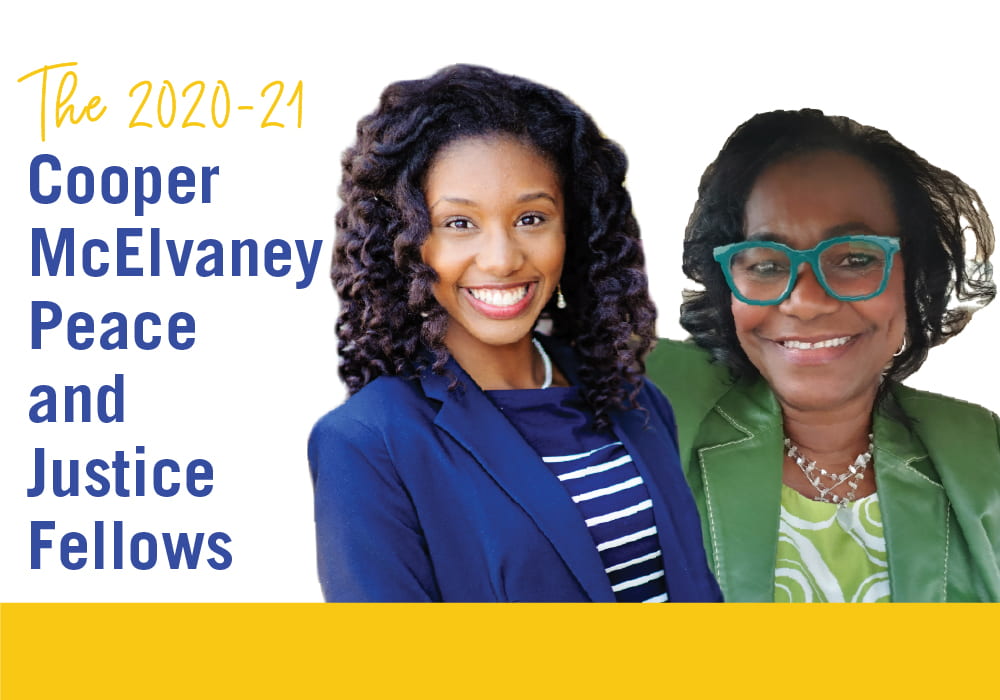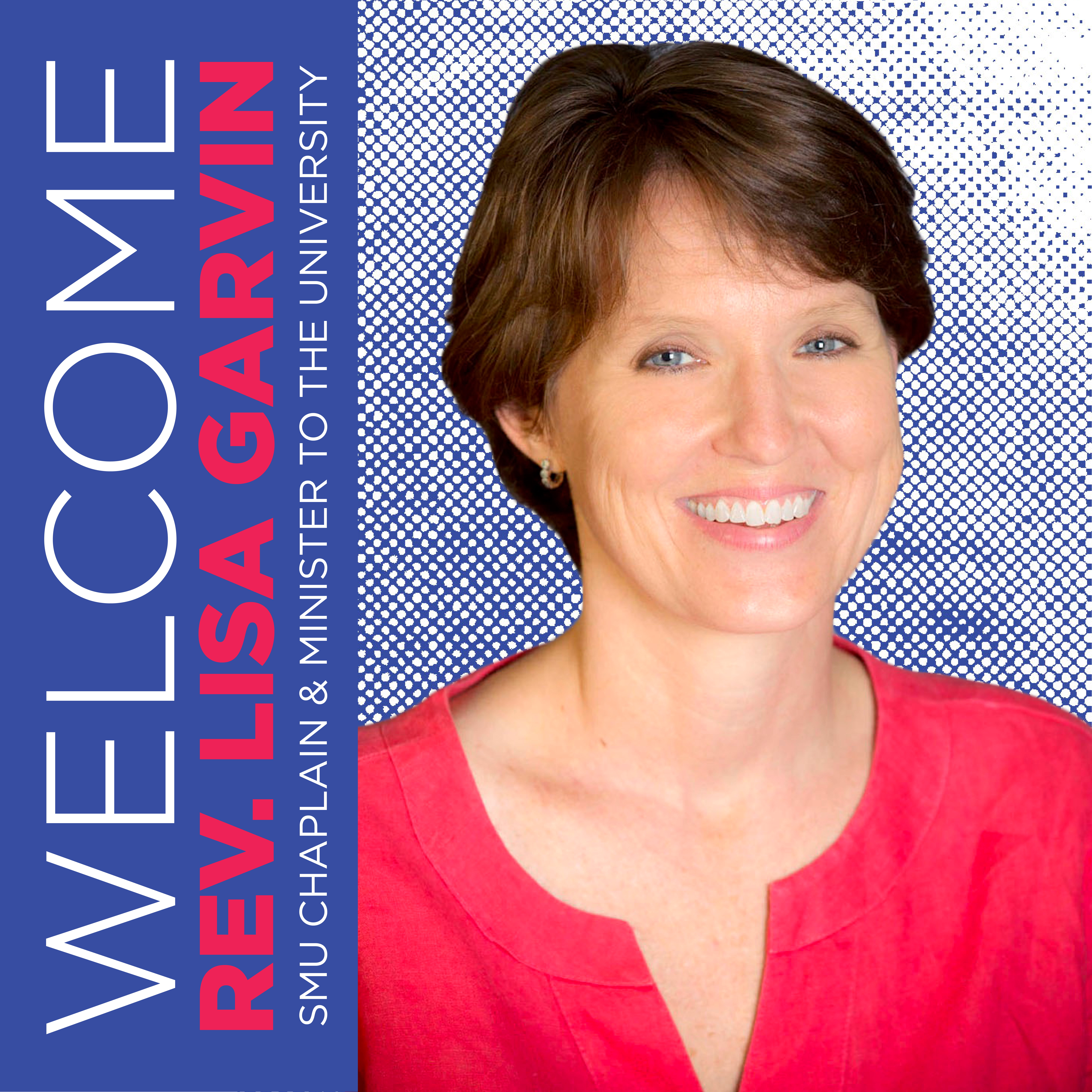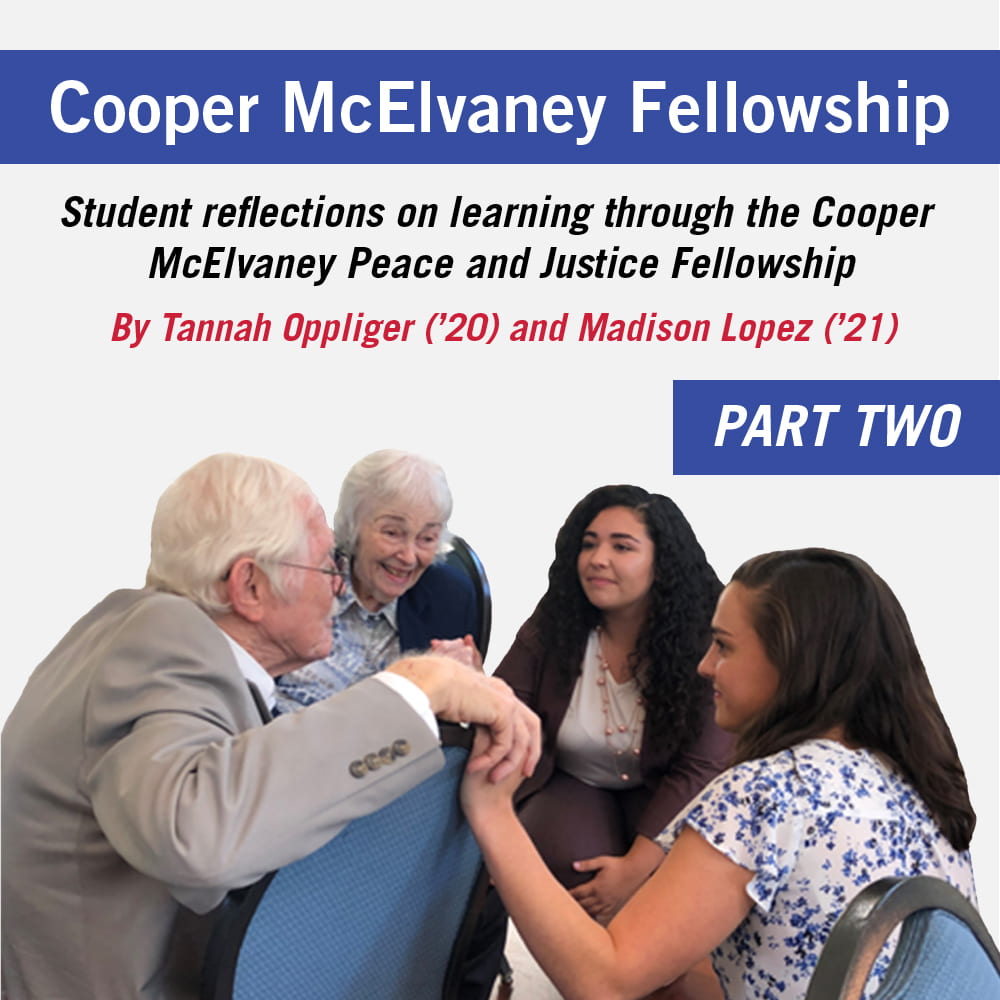Written by: Kaleb Loomis, Assistant Chaplain in the Office of the Chaplain and Religious Life
In 2021, the Office of the Chaplain and Religious Life launched the Peer Chaplain Program as a new Peer Leader Position within the Residential Commons. This year, four student leaders worked within the 11 Residential Commons to help create spaces for students to reflect on their spirituality and explore their religious lives. Through programming and one on one conversations, Peer Chaplains cared for students, offered opportunities for belonging, and encouraged students to grow in their understandings of themselves and the world around them.
Serving and Learning
Throughout the entire 2021-22 Academic Year, Peer Chaplains had the opportunity to provide unique programs and events for students that centered around their spiritual lives, mental wellbeing, and community building. From ice cream socials to arts and crafts nights, Peer Chaplains hosted 24 distinct events within the Commons. Additionally, they started initiatives such as the weekly Peer Chaplain Monday Message and the Candy Basket Program to provide encouragement and raise awareness of on-campus resources for their students. The Peer Chaplains immersed themselves within their Commons community by participating in Commons Leadership, attending signature events, and investing in the lives of students and staff through intentional relationship building. The Peer Chaplains Program serves as a model for providing spiritual care to the Commons. In fact, Kathy Crow Commons honored their Peer Chaplain, Stella Cho, with their Community Engagement Award at the end of the Year Banquet.

“As a Peer Chaplain, I loved meeting students and planning fun programs for their spiritual life. As I met students in the Commons, it was meaningful to show that there is always a presence who can communicate and help them, and provide the religious resources they might need.”
STELLA CHO, ’23
Master of Divinity
Peer Chaplain for Kathy Crow, Loyd, and Ware Commons
Though they provided community service to their respective Commons, the Peer Chaplains also reflected on the value of serving in the position for their personal growth and learning. They gained skills in event planning, teamwork, and community organizing by hosting programs. Working with a variety of students from diverse backgrounds challenged them to think creatively about inclusive programming. They valued the opportunity to adapt their unique skill sets to different communities in order to offer care to students and unique programming efforts. Through this experience, the Peer Chaplains were able to connect their interests in offering care with their vocational aspirations.
Growing and Expanding the Program
This year’s cohort of Peer Chaplains demonstrated the potential for the program, and provided valuable feedback for how to build upon their work. The Peer Chaplains highlighted the value of being involved in the regular life of the Commons and engaging with students in a residential context. They see opportunities for further collaboration not only with other Peer Leaders but also among Peer Chaplains. Amidst these successes, the Peer Chaplains recognized some of the difficulties of helping to launch a new program. Providing adequate attention to 11 different Commons with only 4 Peer Chaplains proved challenging. Because the position was so new, other students weren’t always quite sure the role or purpose of having a Peer Chaplain. Despite these circumstances, the Peer Chaplains saw these challenges as an occasion for continued creativity and enhancement of the program.

“Providing care to students as a Peer Chaplain involves being active in your designated community and the community, knowing why you’re there and spreading awareness about the resources that the Office of the Chaplain Provides. It also involves sitting and listening to students about the issues that they face and helping guide them in a positive direction or getting them the help they need from other resources that are on campus.
Hunter Barnett, ‘23
I love getting to hear students talk and work towards their future, watching them mature and accomplish more as they learn to navigate the academic environment. Also, I value getting to hear their struggles and supporting them to move in the direction of a healthier and happier life.”
Master of Divinity
Peer Chaplain for Mary Hey/Peyton/Shuttles, Boaz, and Virginia-Snider Commons
As a result of what we learned this year, the Office of the Chaplain and Religious Life is excited about changes and updates for next year. In order to better define the purpose and role of the position, we have changed the name from Peer Chaplains to Spiritual Life Mentors. We made a concerted recruitment effort in order to expand our team from four students to nine students so that more time and attention can be given to each Commons. Finally, we outlined guiding values to help lead the program forward: Care, Belong, and Grow. The work of the Peer Chaplains this year laid the groundwork for the Spiritual Life Mentors to offer intentional care to students, create spaces of belonging, and offer opportunities for students to grow in their spiritual and religious lives.




